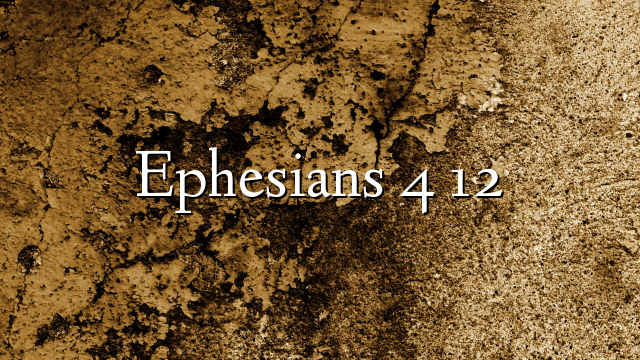Michael Abernathy wrote:
Years ago I read an article (I can’t remember which one) that argued that when the verb for permit is followed by two infinitives the second infinitive often states the purpose of the first infinitive. As I remember the author gave the example of Matthew 8:21 to substantiate his claim.
κύριε, ἐπίτρεψον μοι πρω̂τον ἀπελθει̂ν καὶ θάψαι τὸν πατέρα μου.
Lord, permit me first to go and to bury my father.
We do this in English with a few verbs like ‘go’ and ‘try’.
‘Go and buy some milk’ = ‘go to buy some milk’
‘Try and fix your bicycle’ = ‘try to fix your bicycle’
It seems to me that this happens because the verb demands a complement of this sort. ‘Try’ is inherently purposeful, and purpose is implicit with going, because it is not the going that is the purpose, but whatever one does when one reaches the destination.
My English dictionary, under entry ‘and’, has an addendum which reads:
A small number of verbs, notably ‘try’, ‘come’ and ‘go’ can be followed by ‘and’ with another verb, as in sentences like ‘we’re going to try and explain it to them..’ The structures in these verbs correspond to the use of the infinitive ‘to’, as in ‘we’re going to try to explain it to them..’ .. Since these structures are grammatically odd – for example, the use is normally only idiomatic with the infinitive of the verb and not with other forms (i.e. it is not possible to say ‘I tried and explained it to them’) – they are regarded as wrong by some traditionalists. However, these uses are extremely common in just about every context and can certainly be regarded as standard English.
In English, this isn’t idiomatic with most verbs. And ‘I will teach [you] and fix your bicycle’ would not mean ‘I will teach [you] to fix your bicycle’.
I suspect that the same sort of thing is happening with ἐπίτρεψον μοι πρω̂τον ἀπελθει̂ν καὶ θάψαι τὸν πατέρα μου. καὶ is connective; I think one understands that the terms are sequential – to go and then to bury – and one infers purpose. So I don’t find this example convincing as regards showing anything about ἐπιτρέπω followed by two infinitives. I suspect this is something that happens naturally with ἔρχομαι.
Andrew
Statistics: Posted by Andrew Chapman — March 17th, 2014, 1:54 pm



















